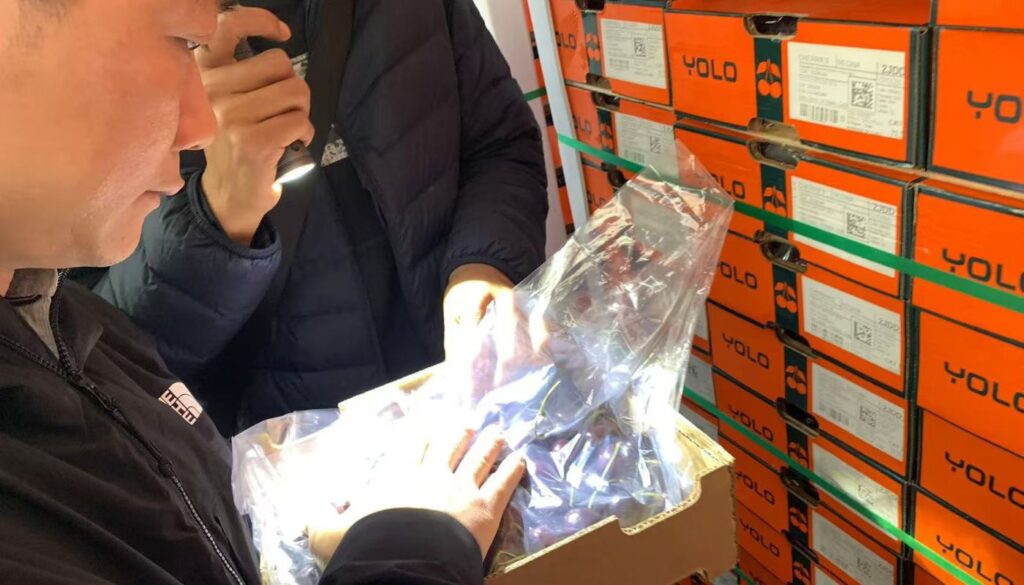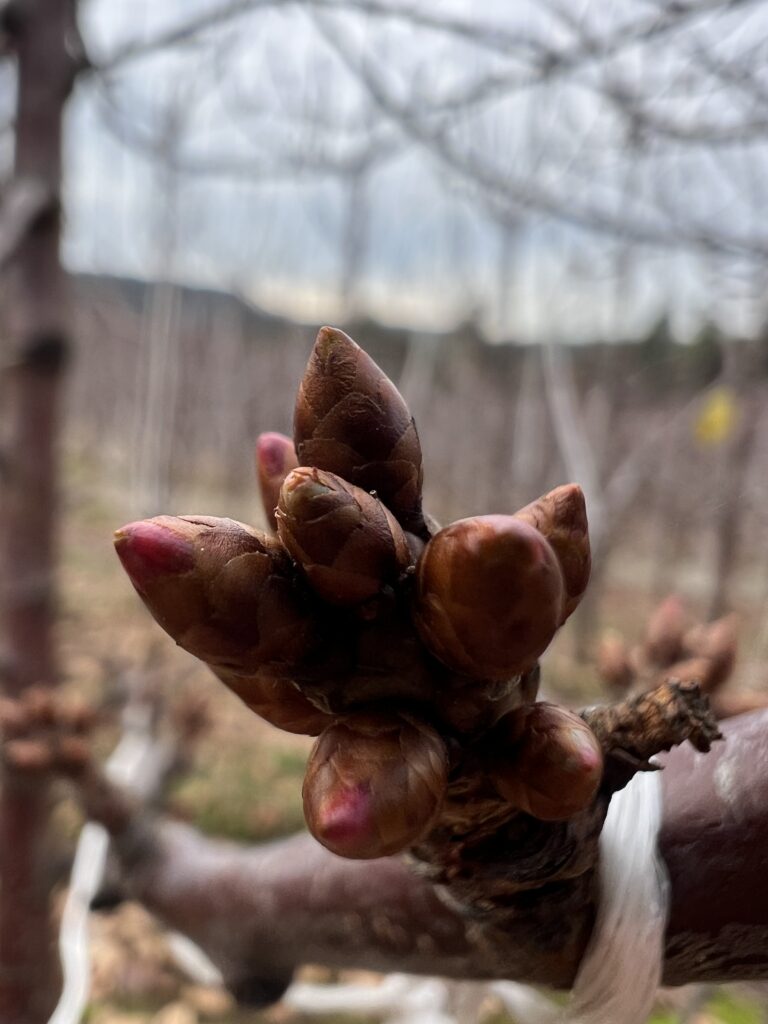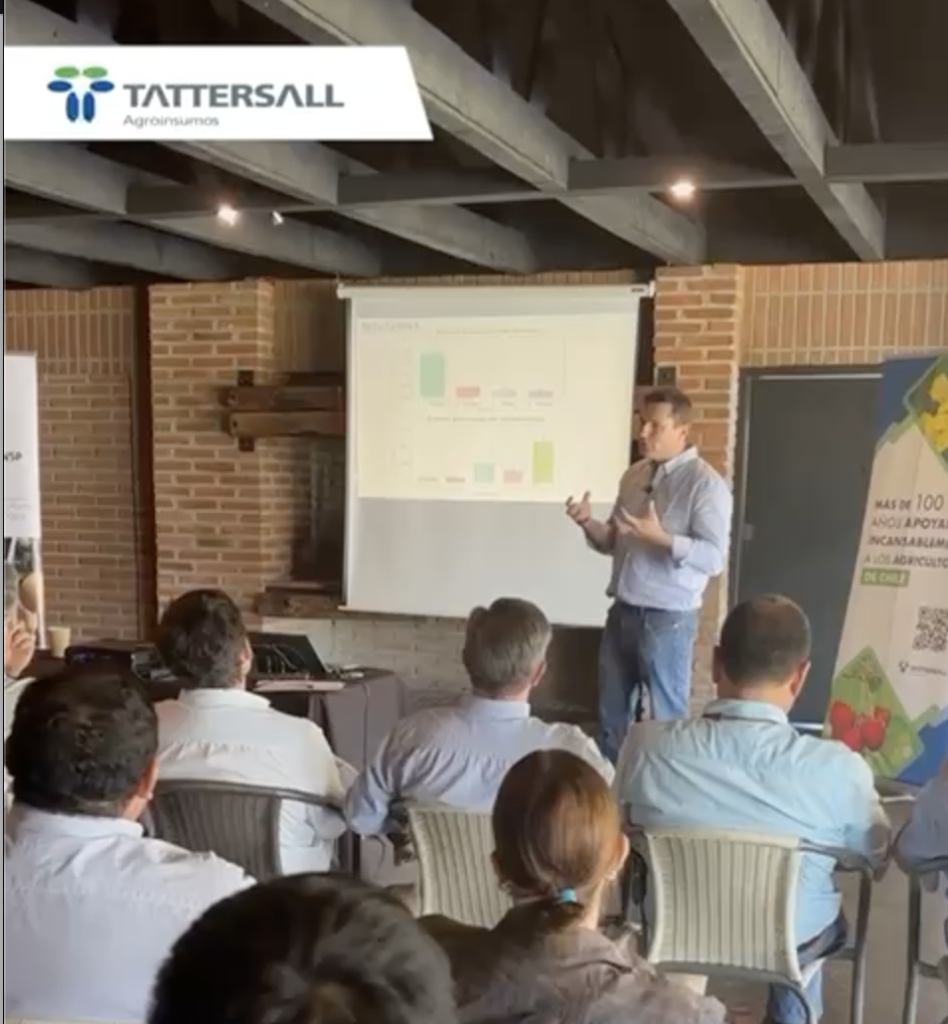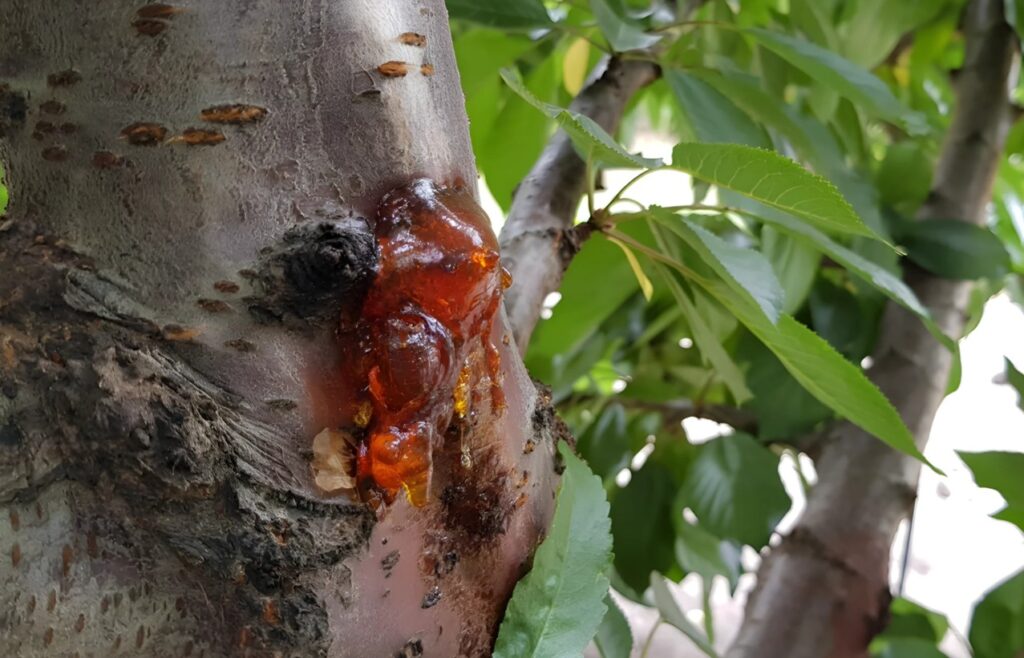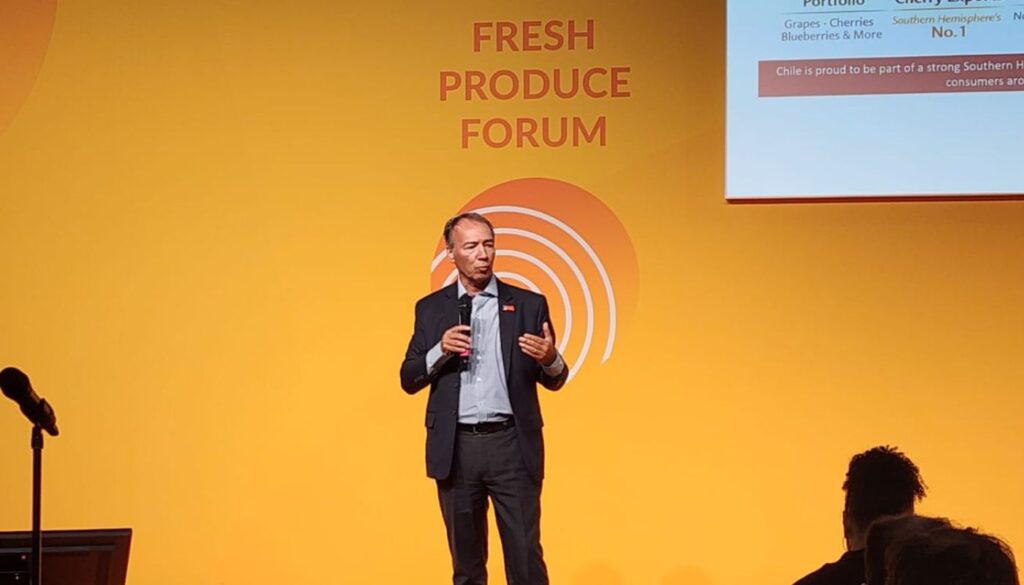Patagonia Biotechnology (PatagoniaBio) and Huiro Regenerativo (Huiro) are two of these companies in the region whose focus is sustainability and which also have another element in common: algae.
PatagoniaBio is a company located near Puerto Montt, whose purpose is to care for soils through the use of biofertilizers based on algae extracts from southern Chile. Its algae extracts, marketed under the brand name FERTUM®, provide plants with tolerance to different sources of stress and help them increase nutrient absorption, and achieve better productivity and quality.
PatagoniaBio obtains its algae from natural banks in partnership with fishing communities and since last year, it has had its own farms in concessions in Chiloé, seeking to diversify the sources of algae resources, minimize the dependence on natural meadows for their protection and evaluate the variations between algae cultivated under different conditions.
Rebeca Gálvez, general manager of PatagoniaBio and renowned Endeavor entrepreneur, points out that diversifying the sources of raw materials was aligned with the Company's growth expectations. This vision gained momentum with the incorporation of the Italian SICIT GROUP into the ownership of PatagoniaBio in June 2023. SICIT, a world leader in the production of biostimulants based on amino acids and peptides and with a presence in 80 countries, sought to expand its portfolio to biostimulants of plant origin, finding in PatagoniaBio the ideal ally.
“Last year we started our own algae farms, a very nice challenge but one that required us to have more hands that also understood the growth and sustainable management of the resource. It was in this context that Huiro appeared on our radar,” said Gálvez.
Huiro's objective is the environmental, social and economic regeneration of territories through the development of collaborative polycultures, which allows the integral and sustainable development of the country's coastal territories. Today Huiro focuses mainly on the cultivation of different macroalgae, seeking to promote regenerative sustainable models, which allow the value of the algae product to be a source of development for coastal territories. "Algae play a fundamental role in carbon fixation worldwide and therefore in the climate crisis we are experiencing today, added to their high capacity to regenerate ecosystems and be a refuge for countless species, which is why we must take care of this resource and move towards regenerative sustainable models," explains María José de la Fuente, co-founder of Huiro.

They work with the different actors present in each territory, from a systemic and integrative perspective, which seeks to change the forms of development for forms based on collaborative models and triple impact. All this through the creation of polycultures of seaweed.
Part of Huiro's business model is to sell the algae resource, which is cultivated and harvested sustainably, to buyers who meet two conditions: paying a fair price and being aligned with the purpose of creating sustainable development models for the territories.
“In this search for potential clients, we found PatagoniaBio, a certified B Company, whose biofertilizers aim to care for soils and promote more sustainable agriculture, so our alliance came about naturally,” says de la Fuente.
The agreement reached between both parties was that Huiro will manage the cultivation and harvesting of algae for PatagoniaBio in one of the concessions that PatagoniaBio has in Chiloé.
“We are very happy with this collaboration with Huiro because it aligns very well with our
growth plans and our purpose of positively impacting the environment and the community,” says Gálvez.
Additionally, Huiro measures the carbon and nitrogen captured by the algae crops it manages, using the best technology available worldwide, to advance carbon quantification and the issuance of credits (Blue Carbon). “We have always highlighted the power of algae to capture CO2 and its contribution to mitigating climate change, so this is a great opportunity to effectively measure this impact,” adds Gálvez.



